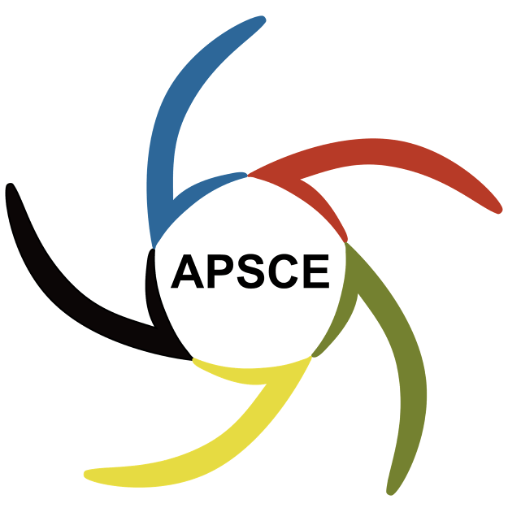

Speakers: Tiffany Barnes (North Carolina State University, United States)
Moderator: Ashwin Tudur Sadashiva (Vanderbilt University, United States)
Curated by: APSCE Learning Analytics and Educational Data Mining (LAEDM) SIG
Date: 28 October 2025 (Tuesday)
Time: 9:00-10:00 (UTC+8)
Register before 26 October 2025:
https://us06web.zoom.us/webinar/register/WN_dvnreHpZQ5C-E3a7g69gSg
Abstract:
This talk presents research on the data-driven design of scaffolding techniques to optimize learning in computing education and foundational logic. Our work uses Learning Analytics and Educational Data Mining to analyze student interaction data, providing empirical evidence on effective instructional strategies. This talk will explore the impact of specific scaffolds-including Parsons Problems, worked examples, and partially worked examples-to determine when and how they best support novices in computational problem solving. We also explore the translation of student data into subgoals and partially worked examples for logic problem solving, and how these impacted student subgoal learning in an intelligent logic tutor. This research offers practical insights on leveraging data to design strategic learning support, ensuring students develop the essential skills for computational problem solving.
Biodata:
Tiffany Barnes is a Distinguished Professor of Computer Science at North Carolina State University, and a Distinguished Member of the Association of Computing Machinery (ACM). Prof. Barnes was Founding Co-Director of the STARS Computing Core, a Broadening Participation in Computing Alliance funded by the U.S.A. National Science Foundation. Her internationally recognized research program focuses on transforming education with Al-driven learning games and technologies, and research on equity and broadening participation. Her current research ranges from investigations of intelligent tutoring systems and teacher professional development to foundational work on educational data mining, computational models of interactive problem-solving, and design of computational thinking and artificial intelligence curricula. Her personalized learning technologies and programs have impacted thousands of K-20 students throughout the United States.